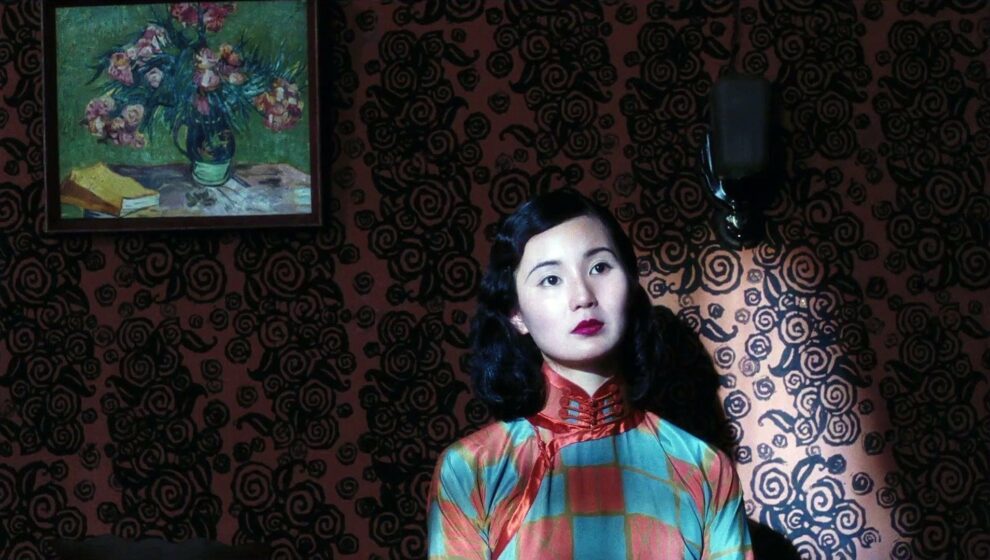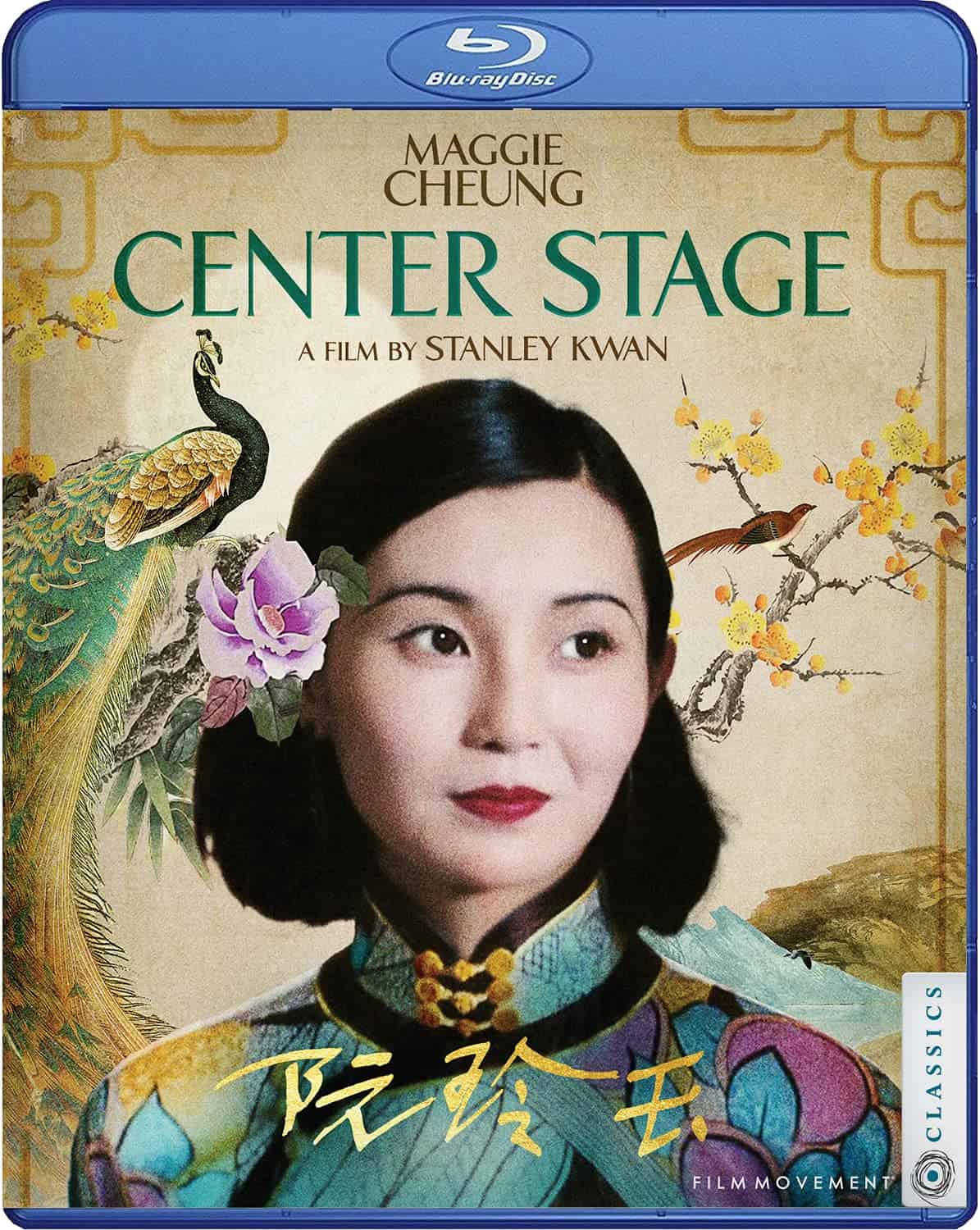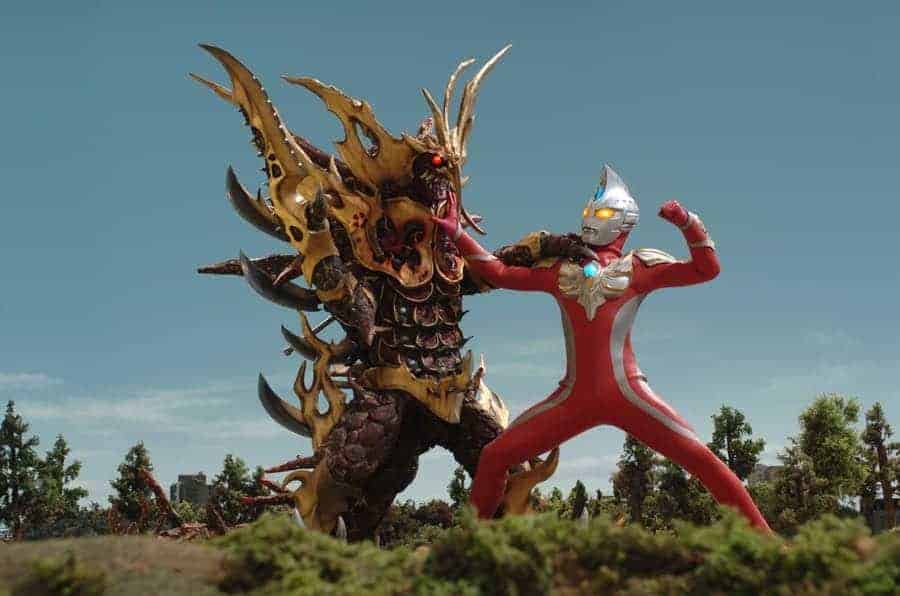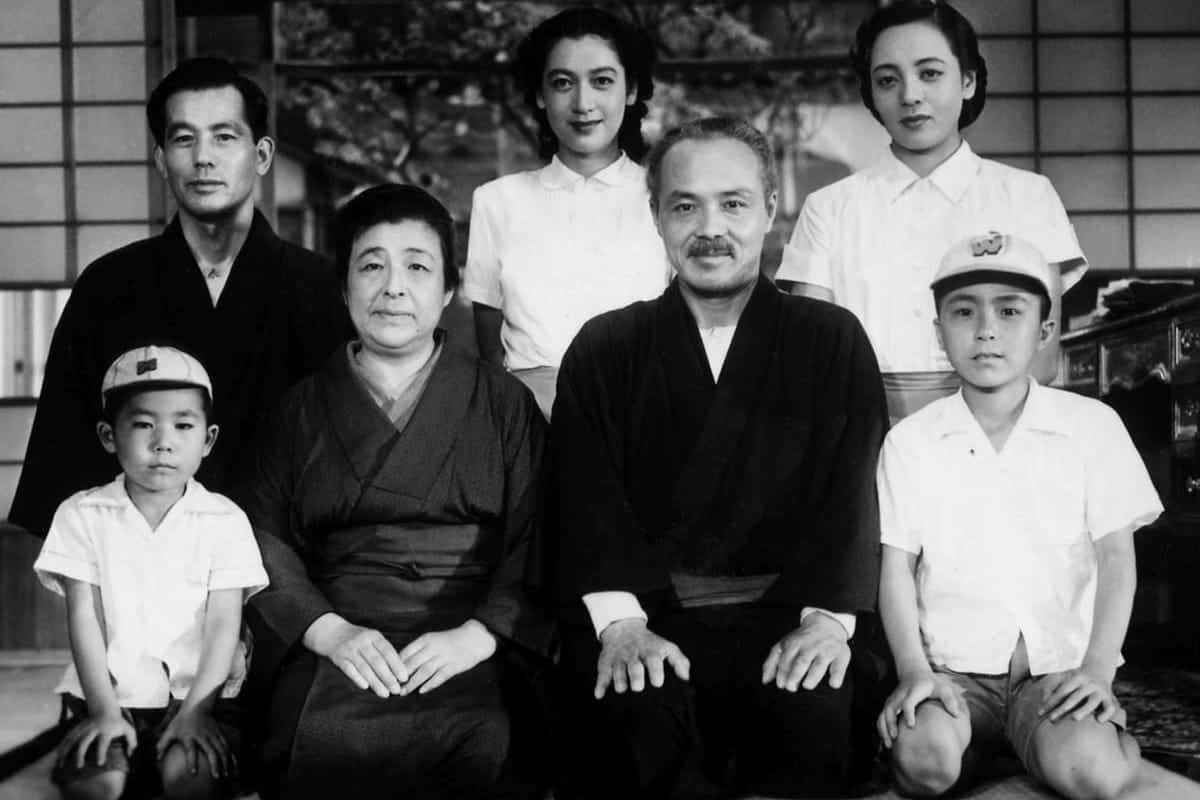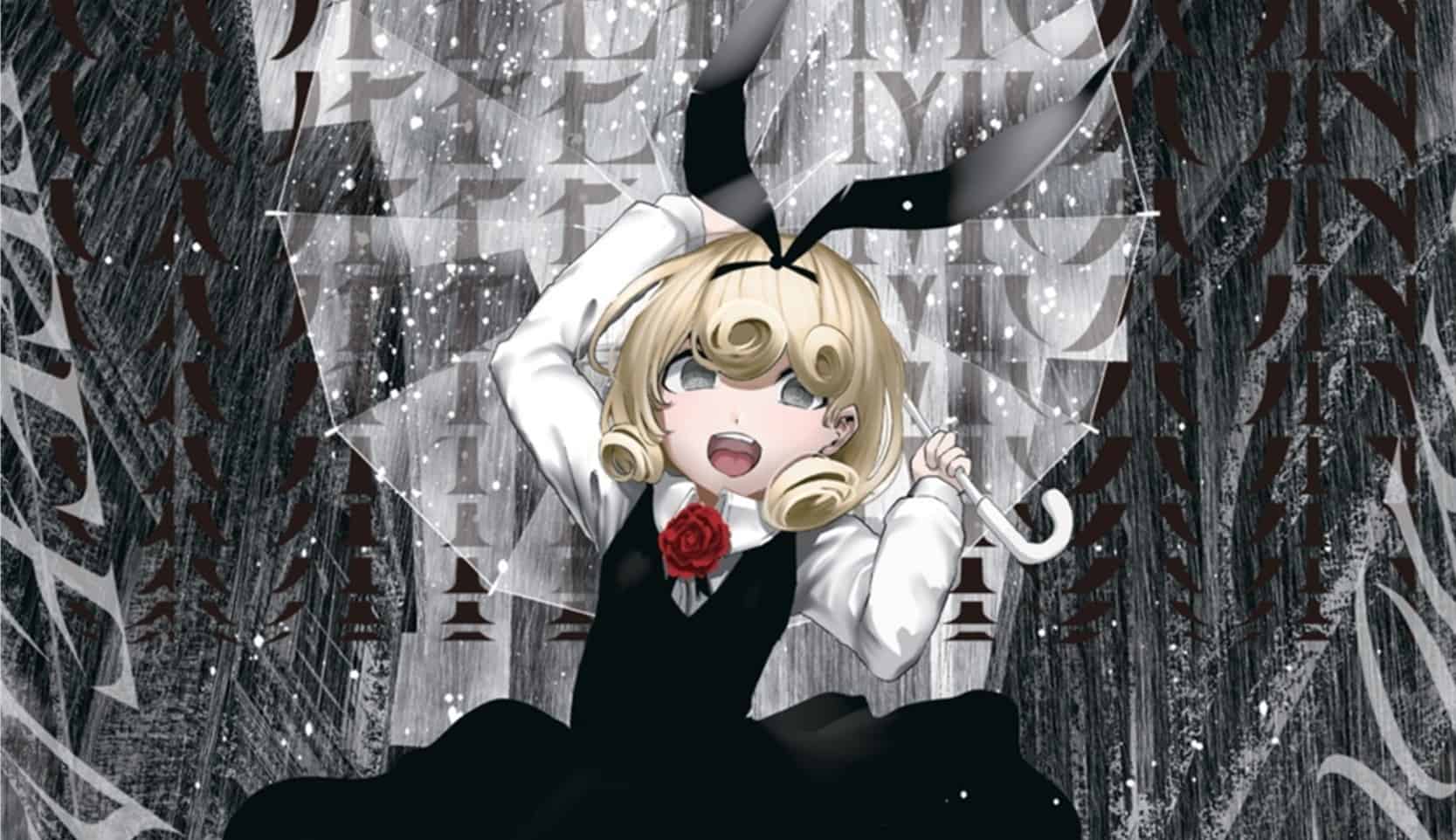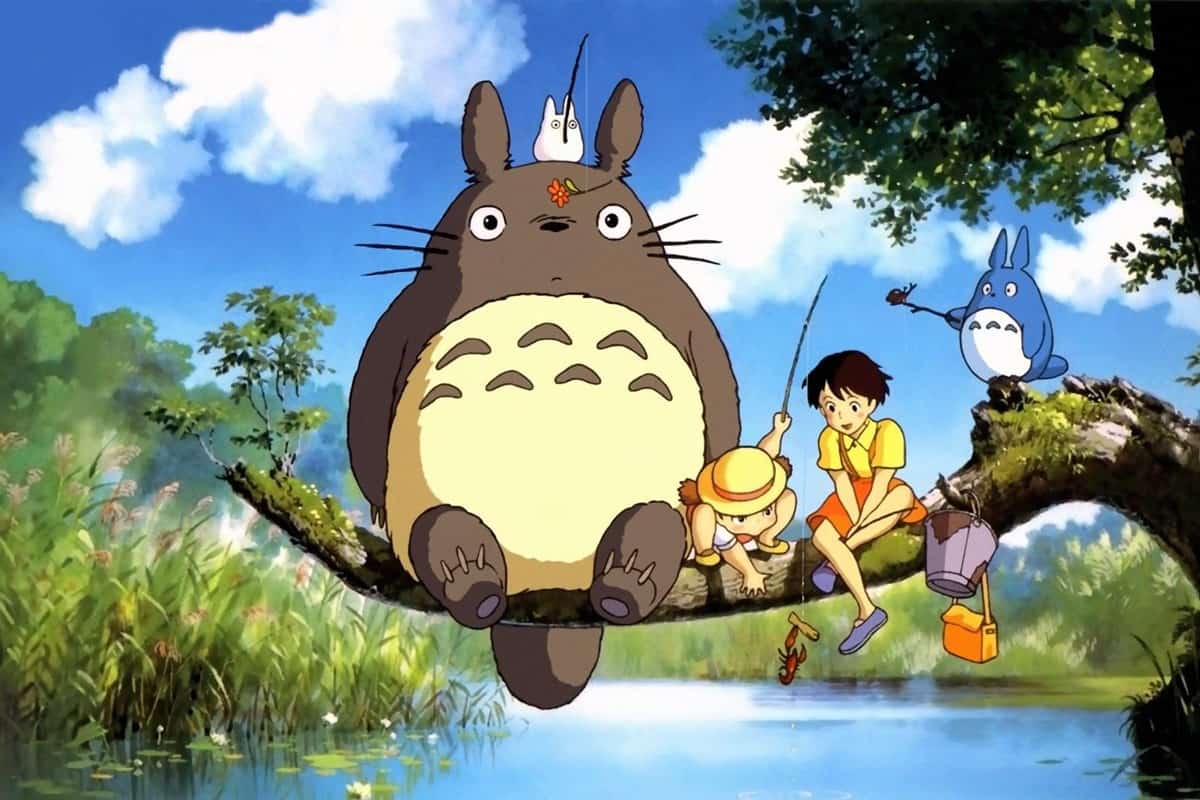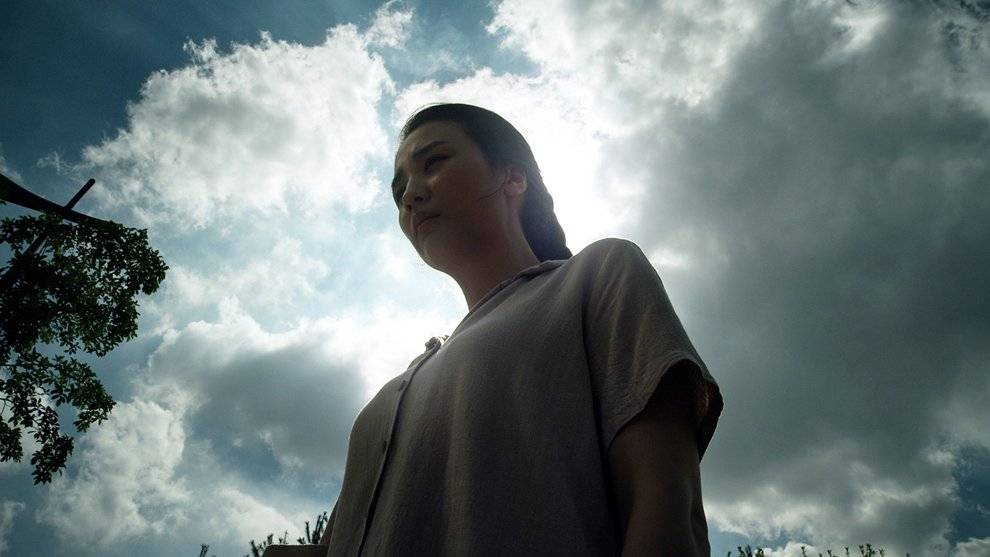by Mehdi Achouche
There are two storylines at the center of Stanley Kwan's labyrinthine “Center Stage” (1991). The main one follows the life of Ruan Lingyu, a real-life actress who was perhaps China's most celebrated film performer in the early 1930s. Ruan arguably became even more of a legend when she committed suicide at age 24, as her private life became the scandalmongering subject of tabloid gossip. The second storyline is set in 1991 and follows a film crew (shot in black and white) making a biopic about Ruan. They discuss her life, interview some of the surviving film crews who knew her (it sometimes feels like a documentary of Kwan documenting his own filmmaking), and eventually recreate Ruan's life on their own soundstage.
Buy This Title
by clicking on the image below
Archival footage of the actual Ruan Lingyu in some of her extant films allows audiences to connect and compare the two eras and narrative levels. However, Stanley Kwan's main thrust throughout “Center Stage” consists less in establishing than blurring the boundary between reality and fiction, history and story. The film brilliantly shows, in dizzying metafictional fashion, the power of cinema to not only reflect but reveal the true face of society, the many hypocrisies and injustices barely concealed behind the veneer of respectability.
The sheer cinephile pleasure behind watching “Center Stage” lies in accepting to fall through the many narrative trapdoors that keep opening beneath the feet of the audience. As Ruan's actual life increasingly reflects her film roles (or is it the other way around?), the nature of what is being seen on screen gradually becomes questionable. In “Dream of the Ancient Capital” (1930) for example, her first big break in the film industry, Ruan plays a furious concubine throwing a tantrum at her lover and his wife, which already foreshadows her future personal situation; it is only when she starts laughing, looks at the camera and asks to redo the scene that we understand this is actually a movie being filmed.
If you like Center Stage, check also this article
The many mirrors glimpsed throughout the feature are also a strong visual motif pointing at the elusiveness of her real self, while mirrors and windows often act as frames within frames which confine and imprison her into their narrow borders (she is introduced into the story through a glass-covered roof and seated in front of a three-way mirror).
Things only get more complex – and interesting – as Ruan's personal story offers an opportunity to explore the history of early Chinese cinema. Most of the action is set on the soundstages of famed movie studio Lianhua, one of the three majors that were at the heart of Shanghai's golden period as the hub of the Chinese film industry. We thus see Ruan and some of the studio's most famous directors (some of whom were avowed left-wingers) shooting films which, especially after the first Japanese attack on the city in 1932, were more ambitious and socially conscious than the average fare. It is precisely such commitment to denouncing social injustice, Kwan tells us, that doomed Ruan (unlike any of her male directors or writers) to fall prey to patriarchal hypocrisy.
Ruan met Zhang Damin (an excellent Lawrence Ng), a good-for-nothing gambler, when she was too young to know any better and who openly dates bar hostesses with the money she hands him – something the moral order seems to tolerate. She eventually meets and falls for Tang Jishan (Chin Han), a tea magnate and womanizer who is already married and with a few mistresses of his own – another situation that society tolerates.
After Tang flouts his money and power over his women, a fascinating scene sees a visibly annoyed Ruan rebelliously sit on a table and icily smoke a cigarette, looking defiantly at Tang and soon blowing smoke in his face. The scene is interspersed with stock footage from “The Goddess”, the 1934 silent classic in which Ruan played a dignified prostitute doing exactly the same thing to a man pressuring her to have sexual intercourse with him. The next scene shows the fictional Ruan on a soundstage rehearsing and shooting that same sequence. At this point, the fictional director explains that sitting on the table, throwing the man such a look and smoking (a classic sexual metaphor) are all acts of resistance, against this man's power and (we can infer) against all men's oppression over women.
The dramatic irony is that the apex of self-reflexivity is not provided by the film's sustained mise en abyme but by real historical events. Ruan's penultimate film was “New Women” (1935), which in turn was inspired by another film and by real events. Another actress, Ai Xia, had played in a movie called “A Modern Woman” (1934), after which she committed suicide. This is what happens to Ruan's character in her own film, as she falls victim to the oppression society applies against “modern women” who long for more freedom. And this is also what happens to the real Ruan soon after the film's release, as her private life is exposed by the press (as retribution for blaming the media for Ai Xia's death) and a very public lawsuit is initiated by greedy Zhang, who accuses her of adultery. Real life itself, then, seems to be more metafictional than fiction itself, making Kwan's story-within-a-story-within-a-story narration feel sometimes almost redundant.
As the film makes ostensibly clear, Ruan committed suicide on March 8 – International Women's Day – and she did so by using the same method as her character in “New Women”, gulping sleeping pills. This gives the film an explicit feminist angle (Ruan is seen rehearsing the feminist speech she would never give) and allows Stanley Kwan to continue focusing on the tragic figures of abused but forceful women that populate his filmography. Yet perhaps even more than in his other works, “Center Stage” is also a gentle film that never feels overly melodramatic or strident in its messaging.
As Ruan Lingyu, Maggie Cheung gets one of the most challenging and devastatingly touching roles of her career. By turns coyly playful, quietly seductive or unabashedly dignified in the face of adversity, Cheung seamlessly transitions from Ruan, a complex woman in her own right, to one of her many screen alter-egos to playing a version of herself shooting a movie on Ruan.
But perhaps the main achievement of “Center Stage” is how it avoids becoming what it could easily have devolved into – an overly intellectual, unintelligible postmodernist treatise on self-conscious fiction. Instead, it gloriously brings back to light Chinese cinema's past, a modern woman's filmic ghosts, and the capacity of cinema to help us hold a mirror to ourselves.


